7. Anti-Happiness
Video
Understanding Your Pet Earthling
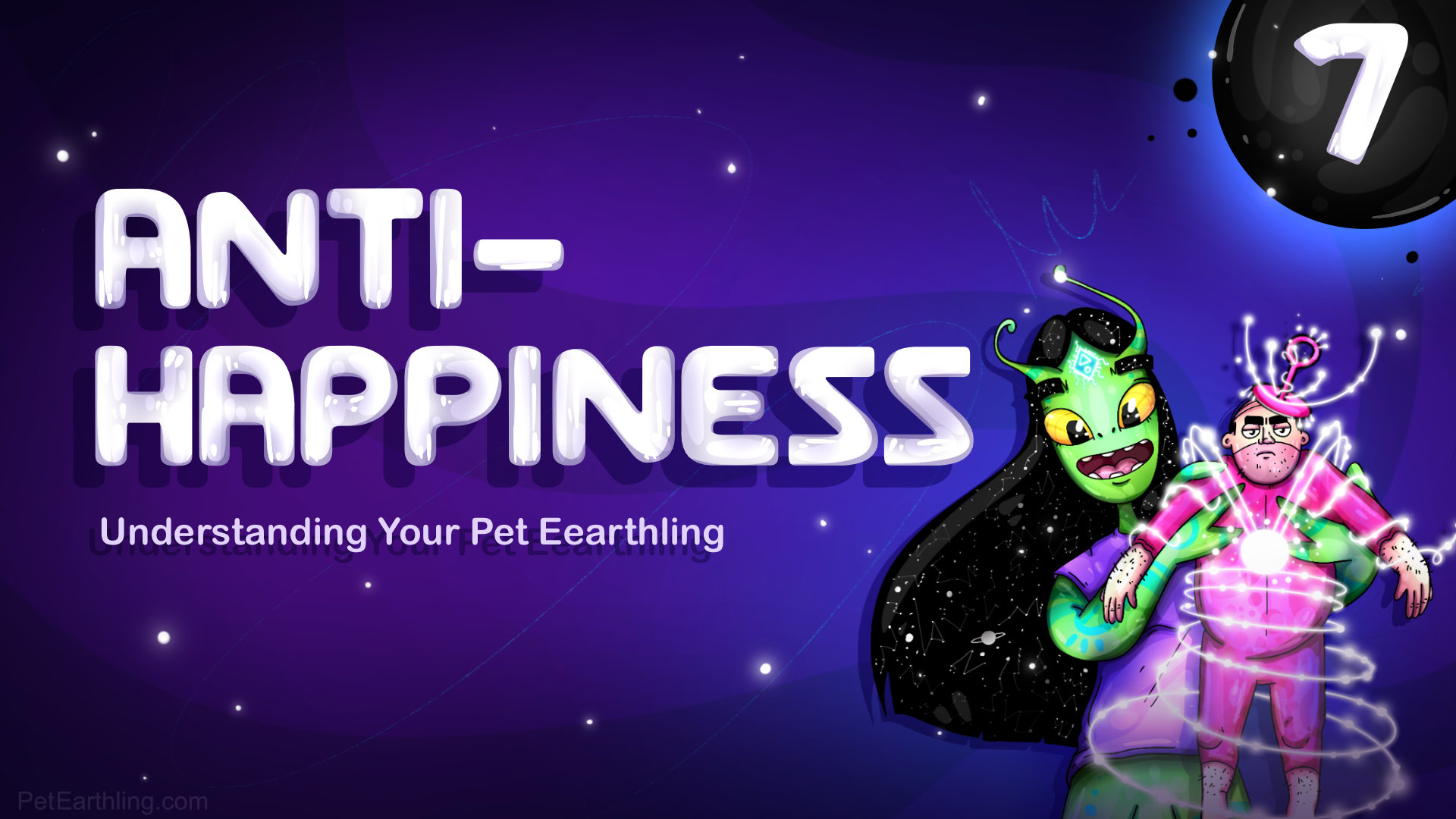
As much as we want
to make our pet earthlings
as happy as possible,
to make our pet earthlings
as happy as possible,

it seems their brains can
hold only so much happiness.
We have observed that the more
an earthling’s living conditions
improve, the more they seek
conflict and create drama.
hold only so much happiness.
We have observed that the more
an earthling’s living conditions
improve, the more they seek
conflict and create drama.

Normally this curious need
for conflict is satisfied when they
are fighting for their survival.
for conflict is satisfied when they
are fighting for their survival.
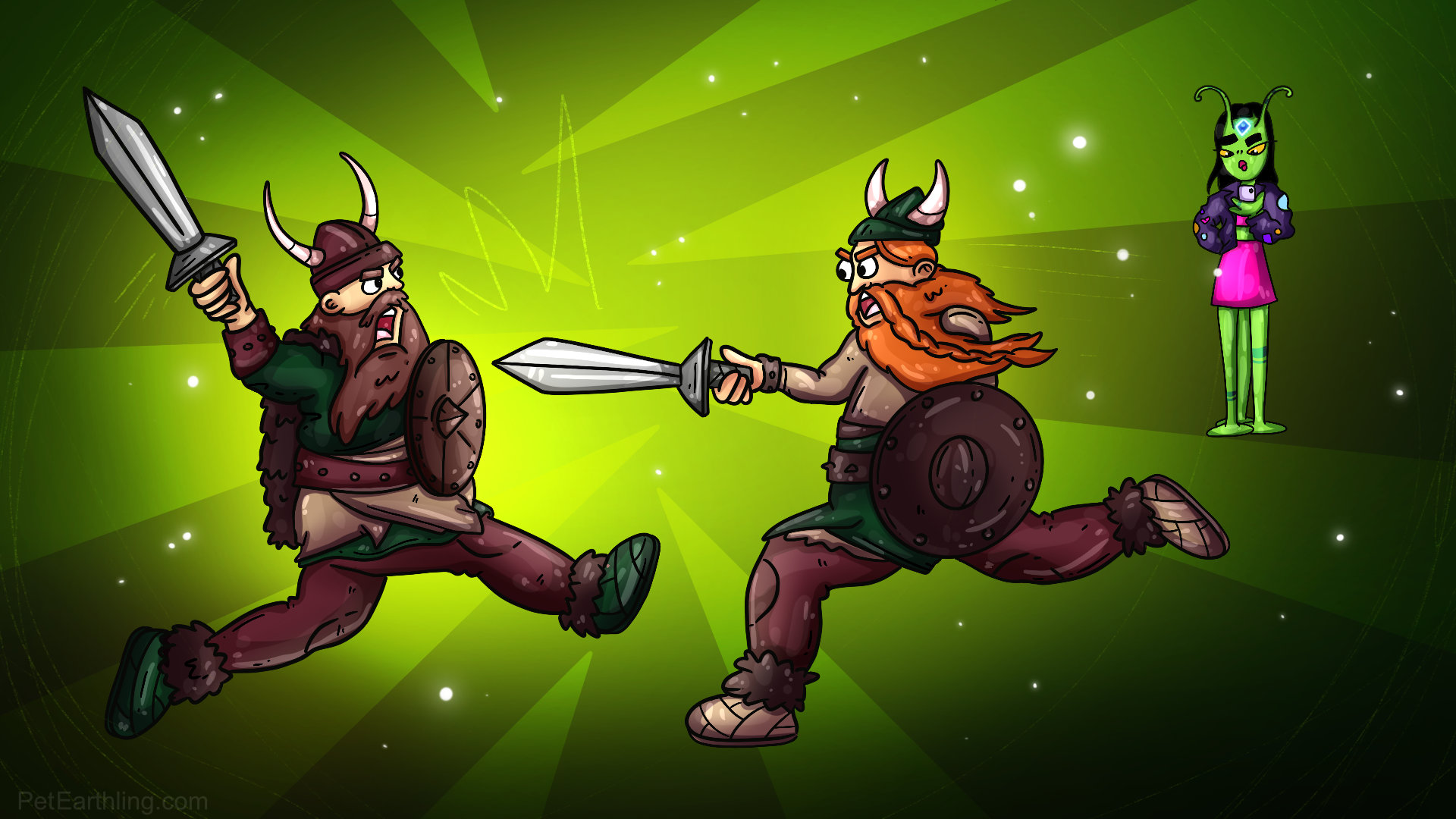
But when earthlings have no
real enemies or wars,
they create them.
real enemies or wars,
they create them.
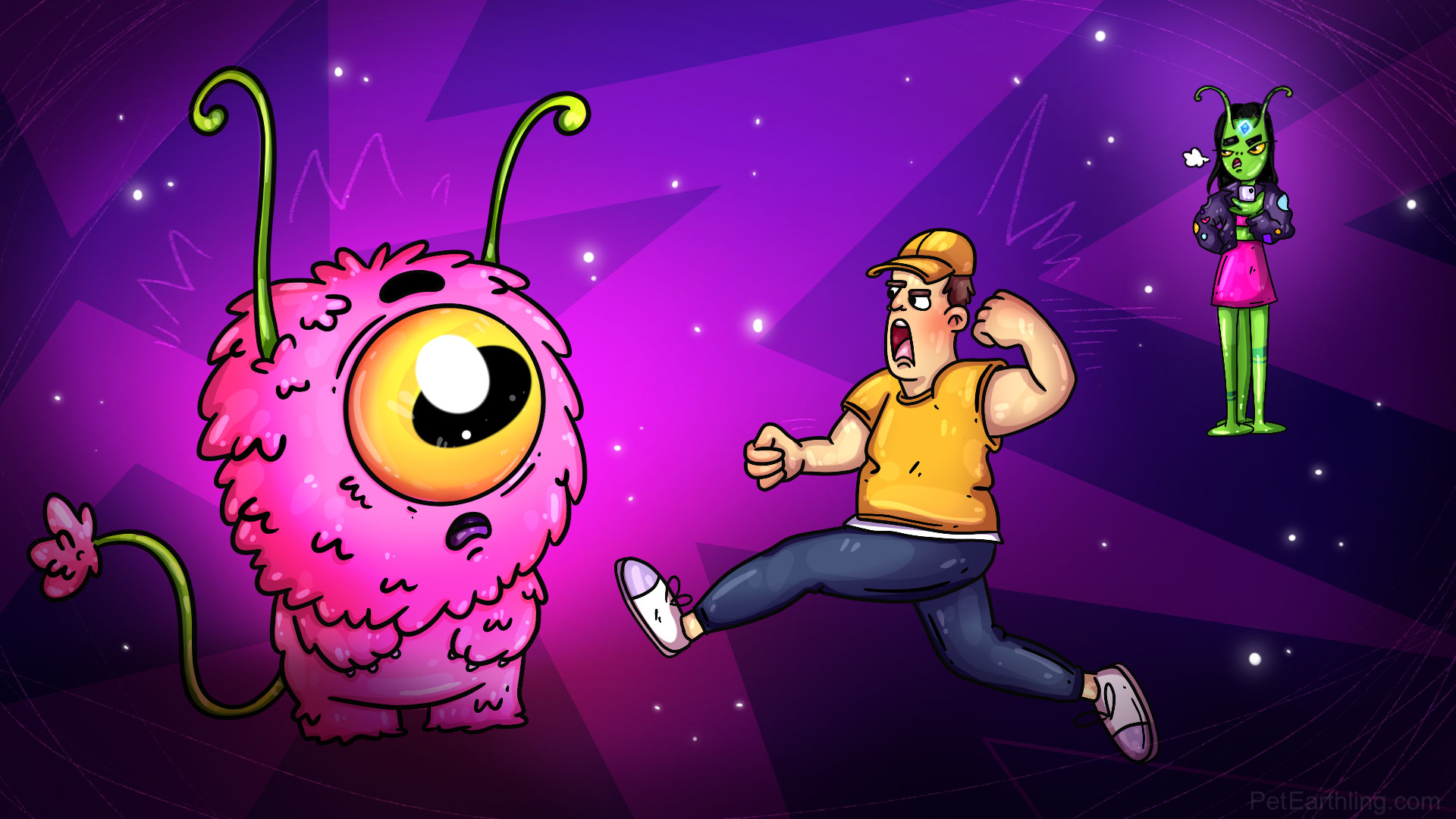
First they start by creating stories about make-
believe conflicts, especially movies with
criminals, spies, warriors, and
superheroes fighting
each other.
believe conflicts, especially movies with
criminals, spies, warriors, and
superheroes fighting
each other.
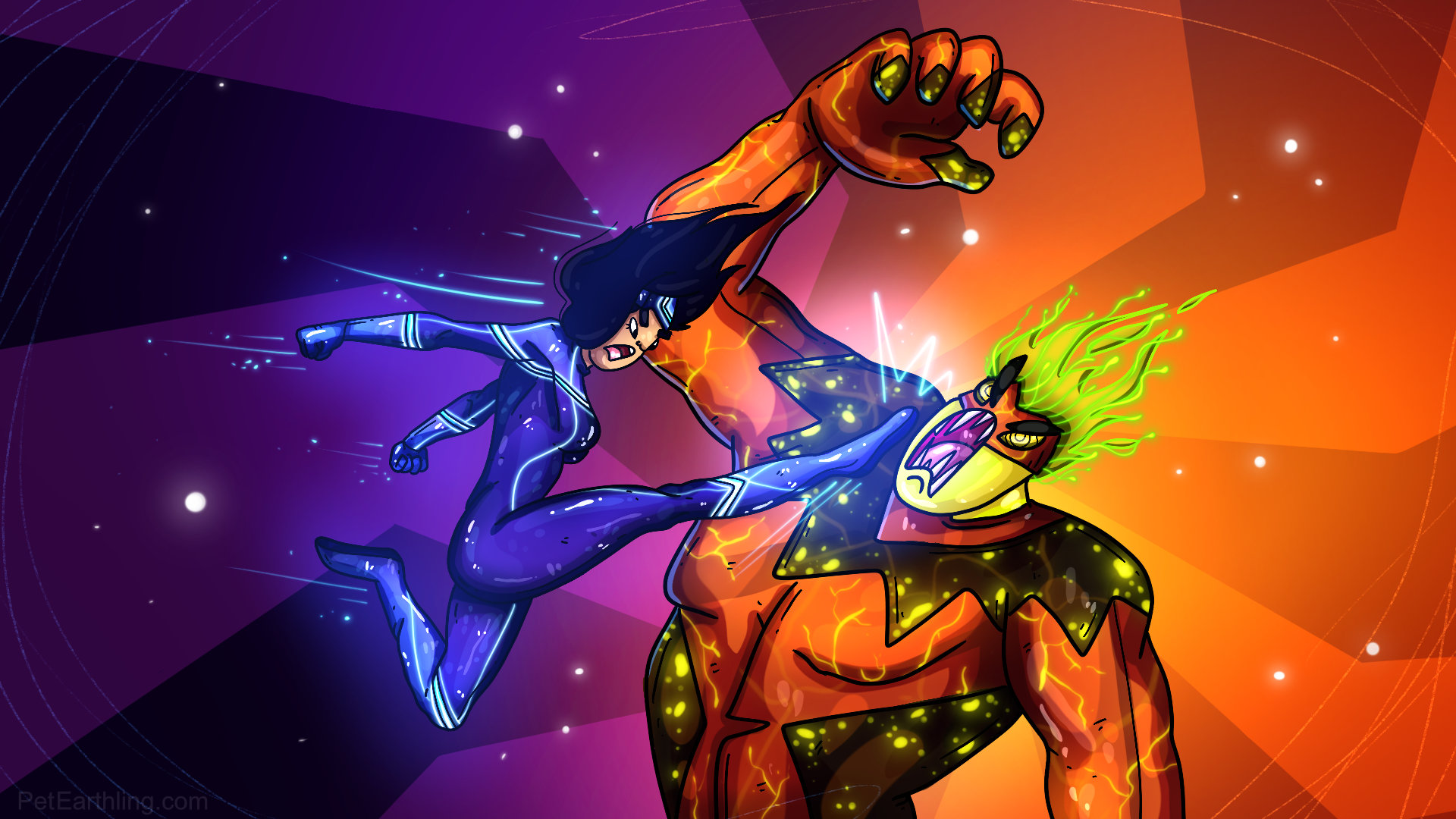
Then the
earthlings fight about
which movies about
fighting are better.
earthlings fight about
which movies about
fighting are better.
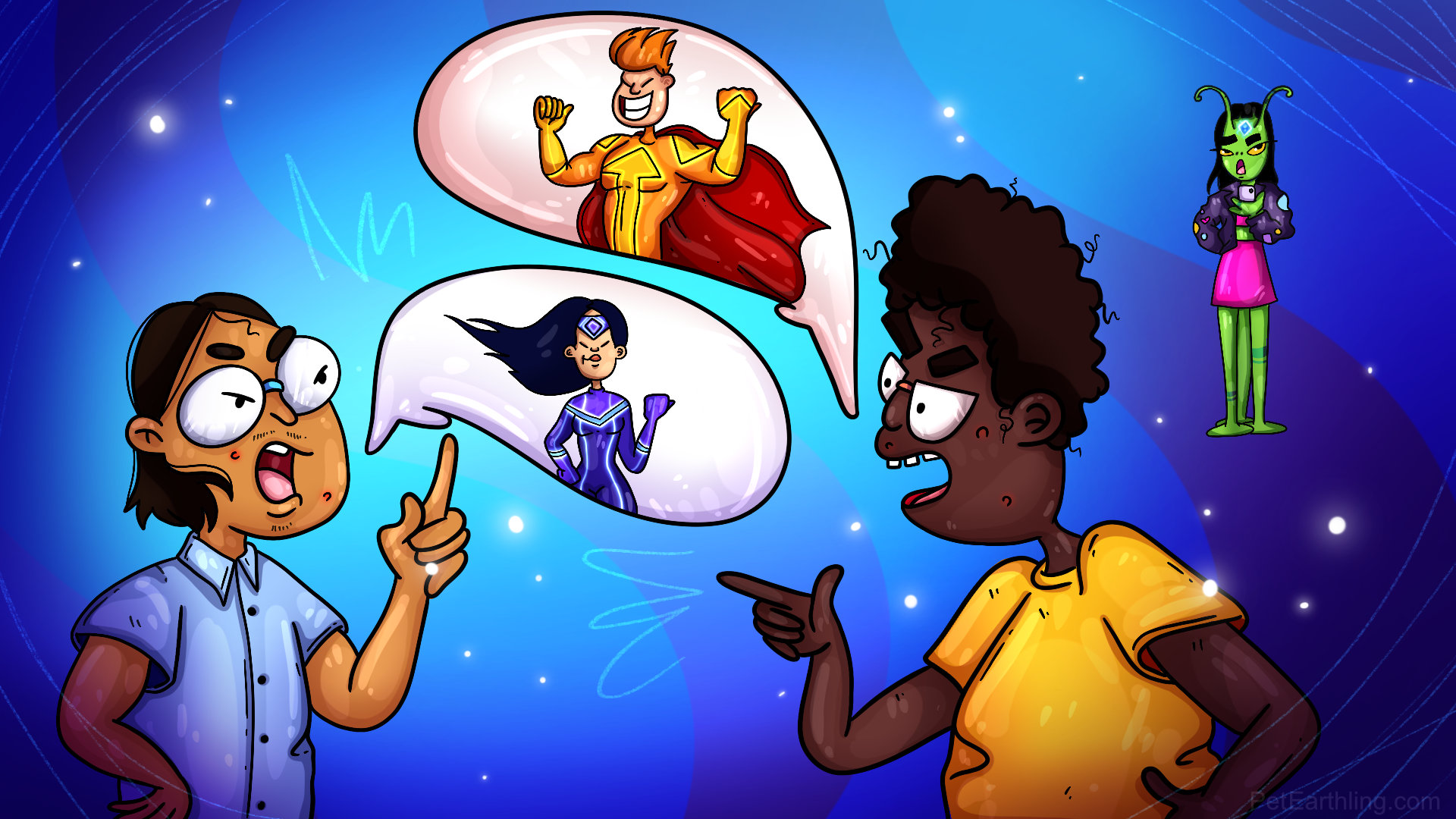
Likewise earthlings love to
complain and fight about
minor imperfections, like
the flavoring of their
caffeinated beverage,
complain and fight about
minor imperfections, like
the flavoring of their
caffeinated beverage,
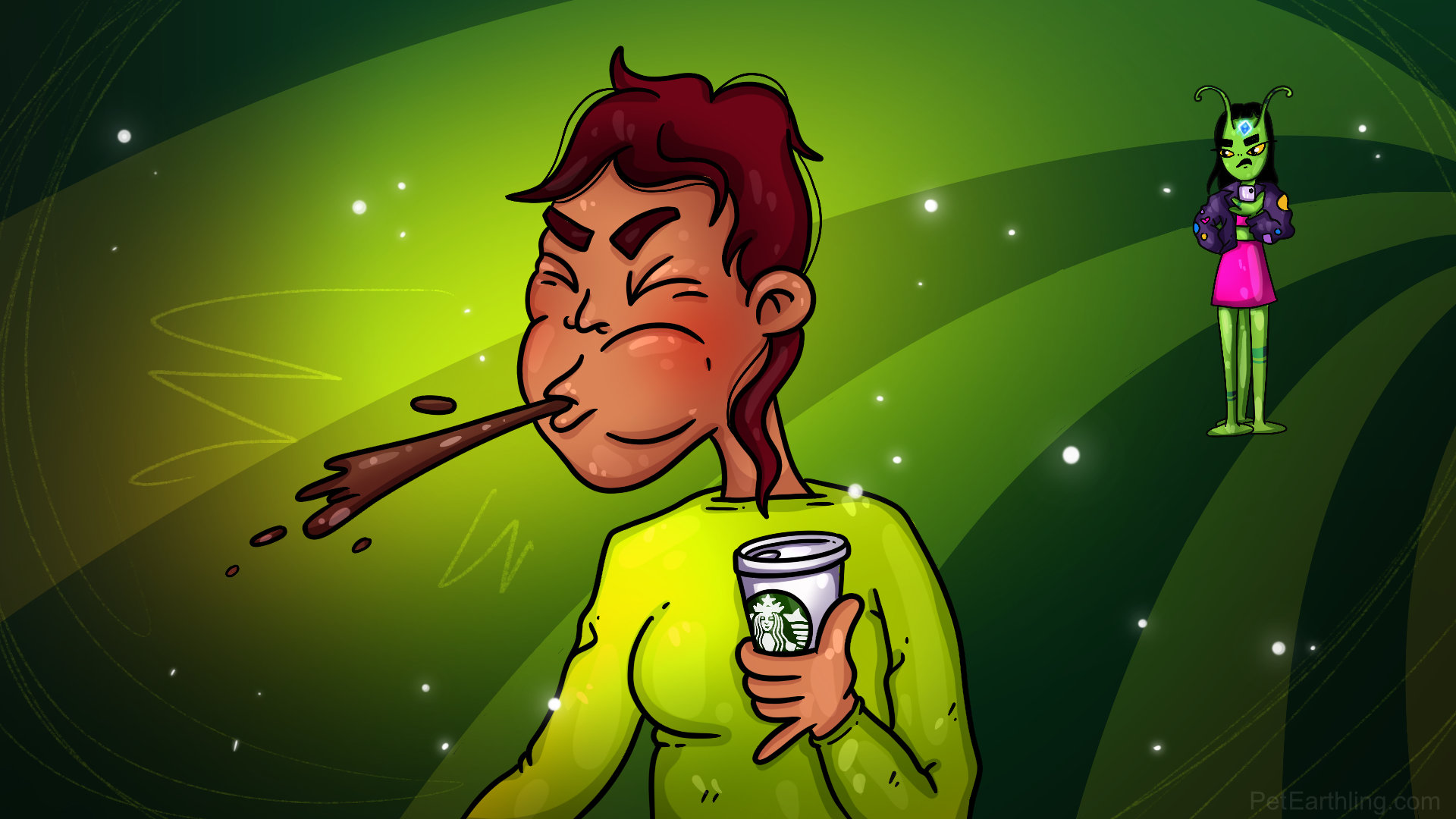
the number
of threads in their
bedding sheets,
of threads in their
bedding sheets,
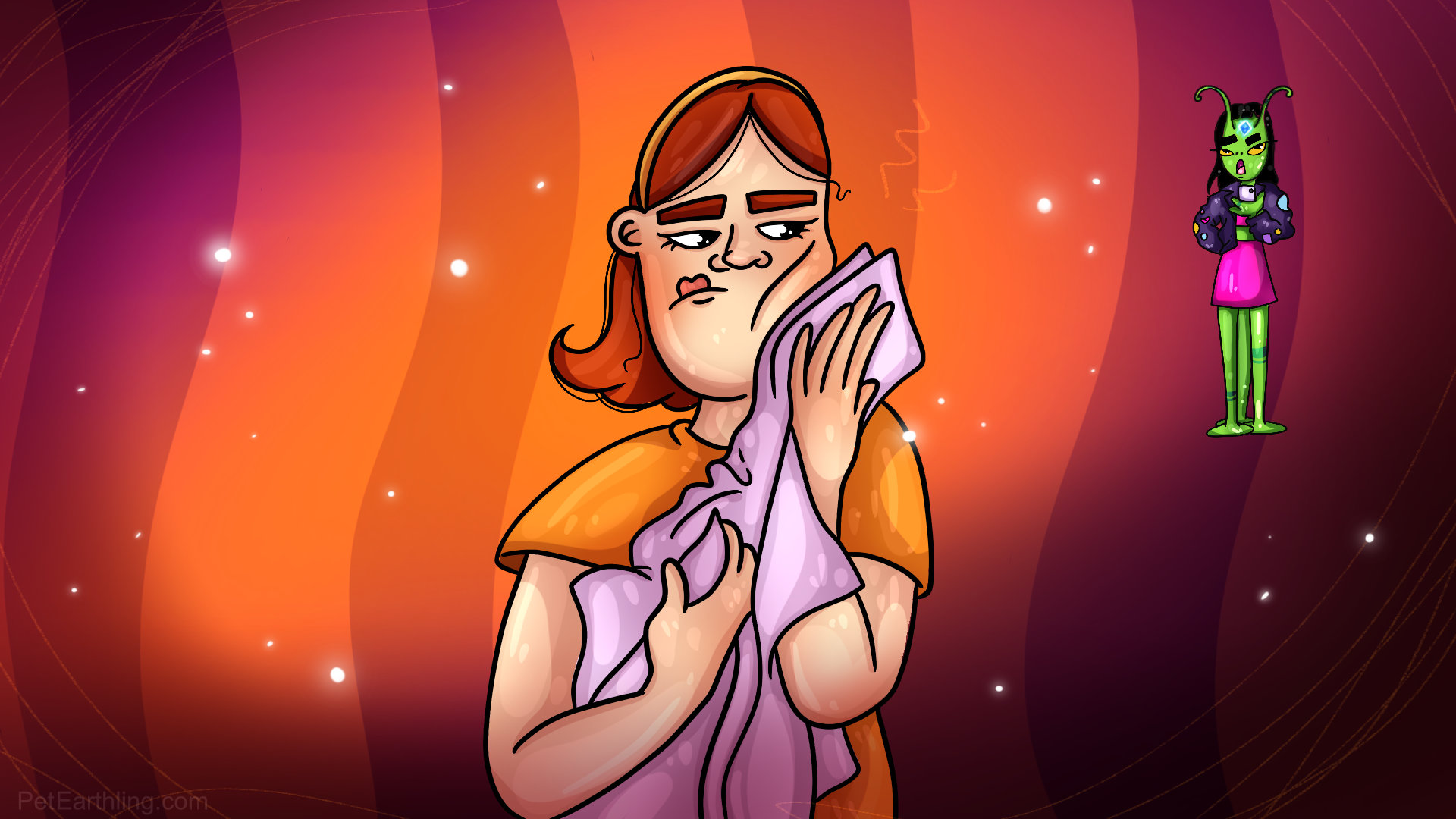
fluctuations in
the ambient air
temperature,
the ambient air
temperature,
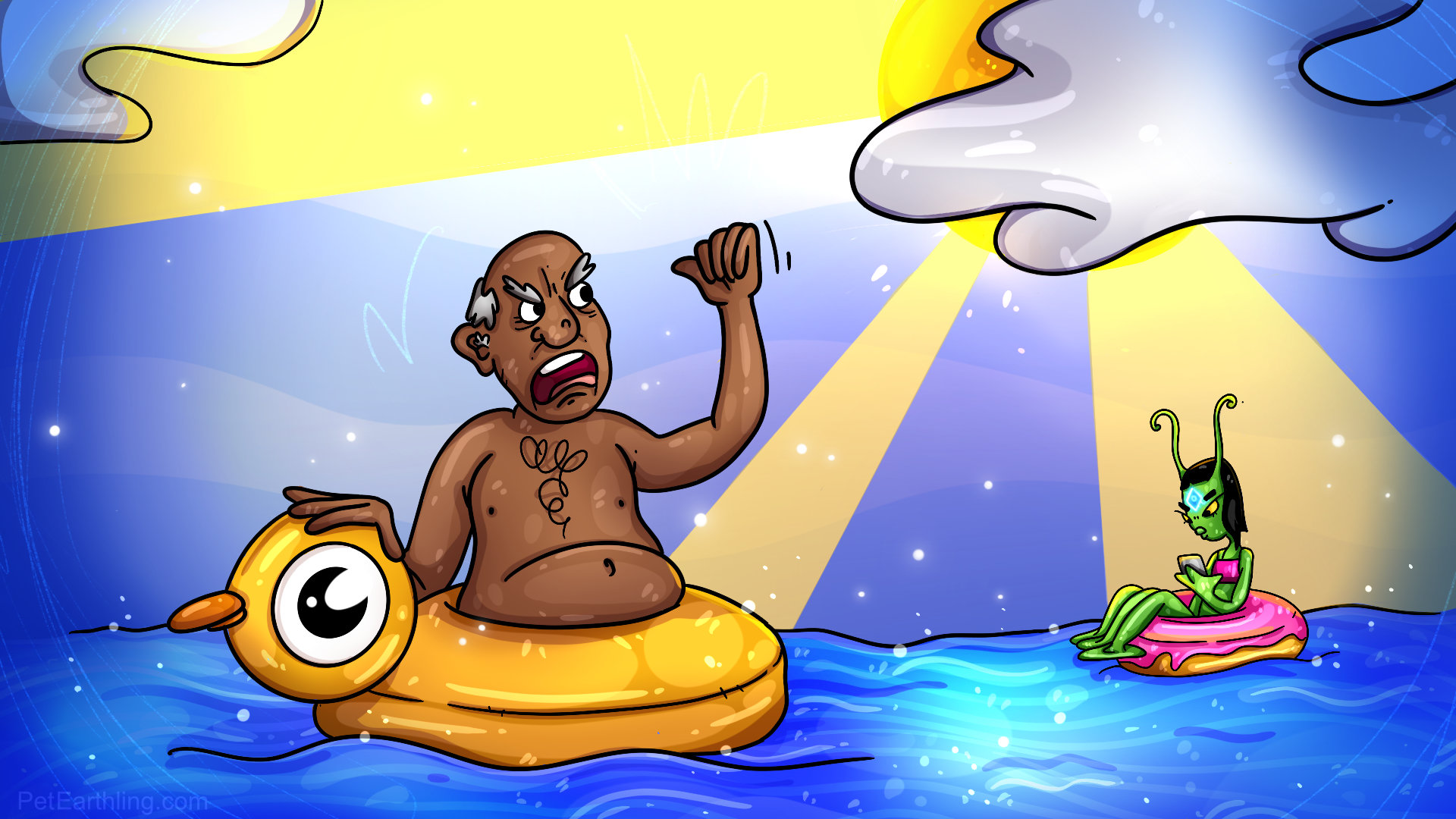
the angular position
of the fecal seat,
of the fecal seat,

and about, ironically, how
much other earthlings
complain too much.
much other earthlings
complain too much.
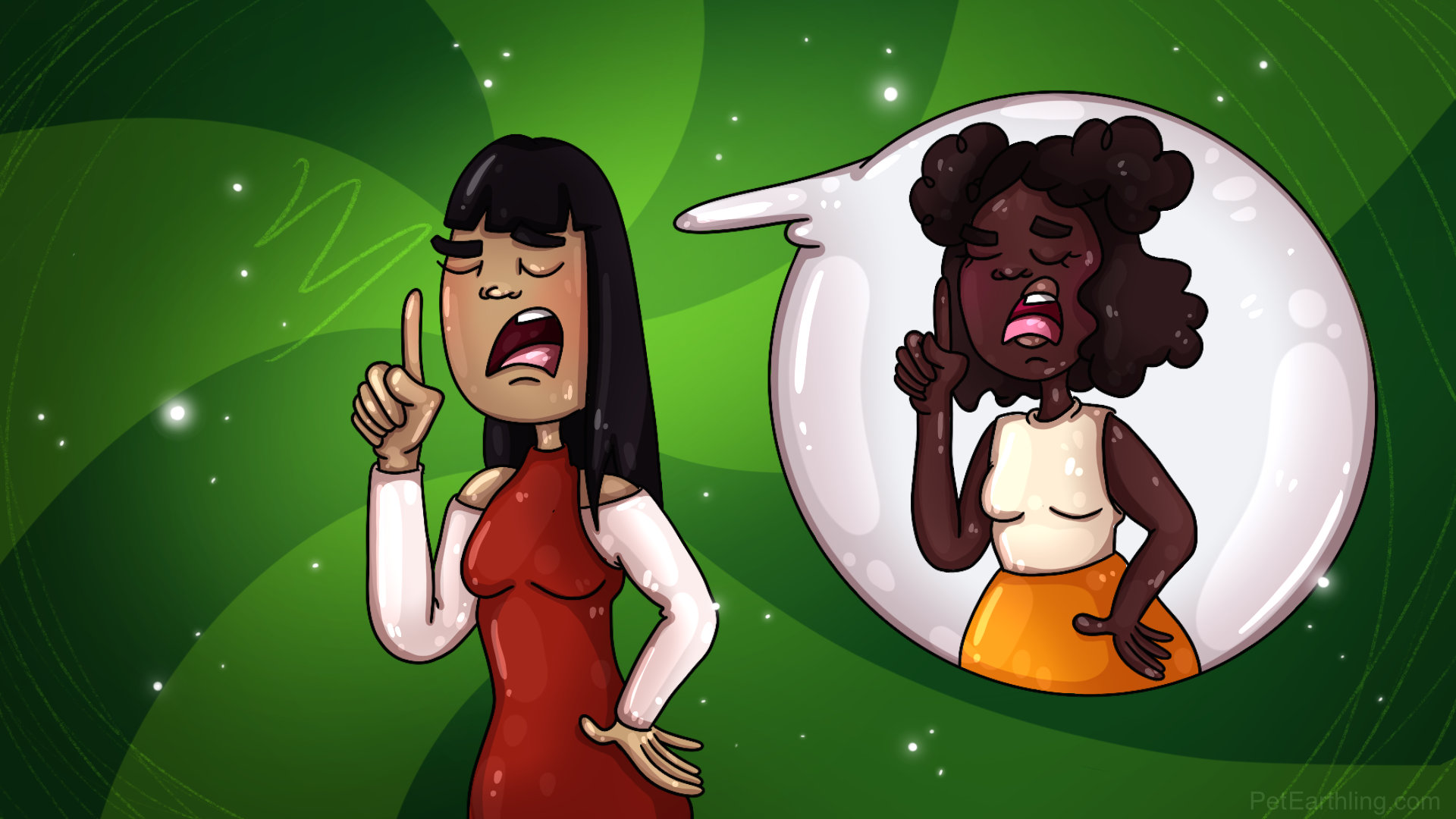
Earthlings take conflict even further through ritual combat.
They form packs, wearing matching colors, and battle each
other over a limited resource like a round object,
trying to invade their enemy’s territory.
They form packs, wearing matching colors, and battle each
other over a limited resource like a round object,
trying to invade their enemy’s territory.
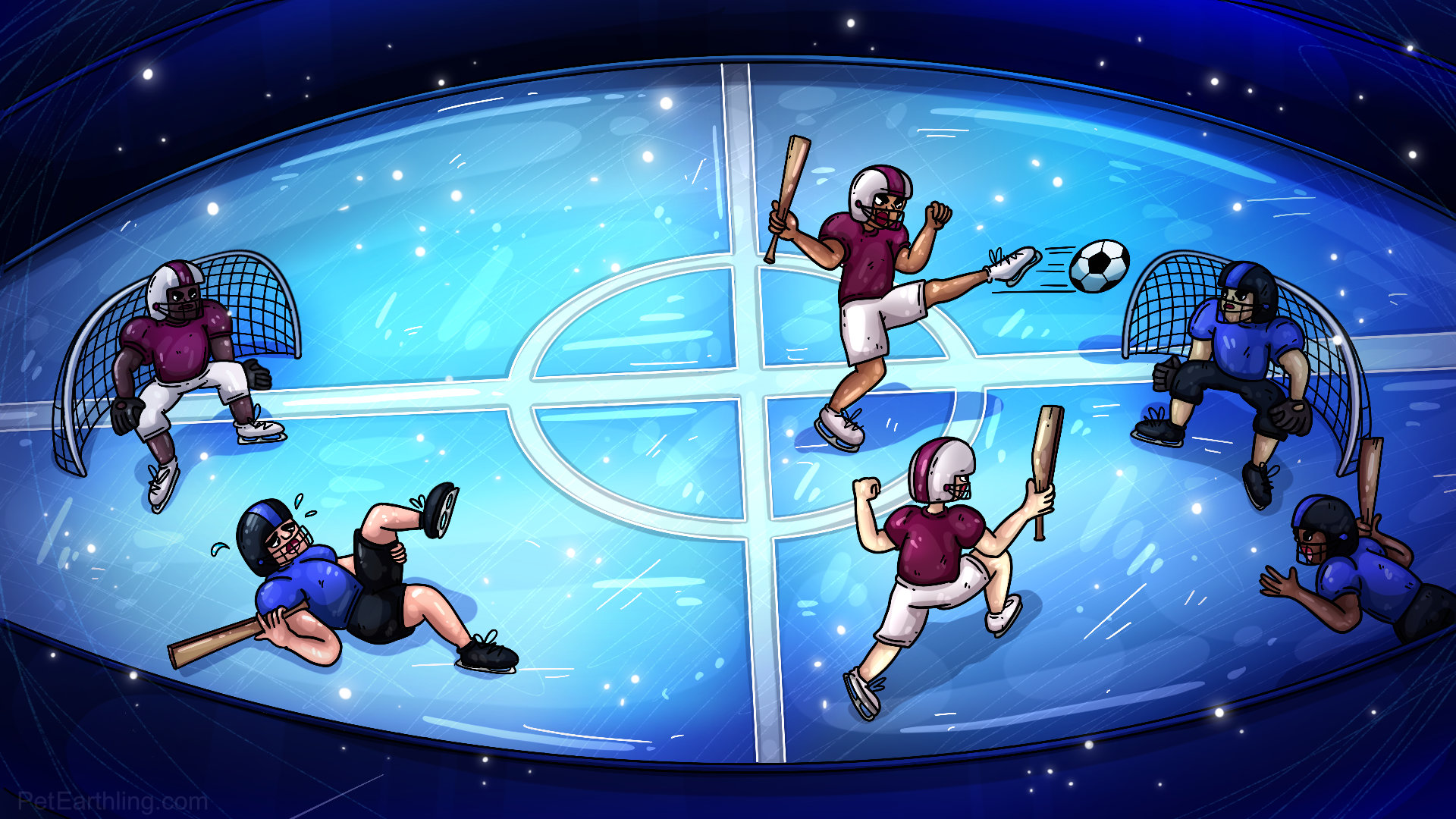
And earthlings divide themselves into opposing alliances
to wage a war of words over which alliance is at fault for all the problems in
their geographic territory and destroying their way of life. If they find only small ideological
differences, rather than resolving them, earthlings have an instinct to magnify those differences.
to wage a war of words over which alliance is at fault for all the problems in
their geographic territory and destroying their way of life. If they find only small ideological
differences, rather than resolving them, earthlings have an instinct to magnify those differences.
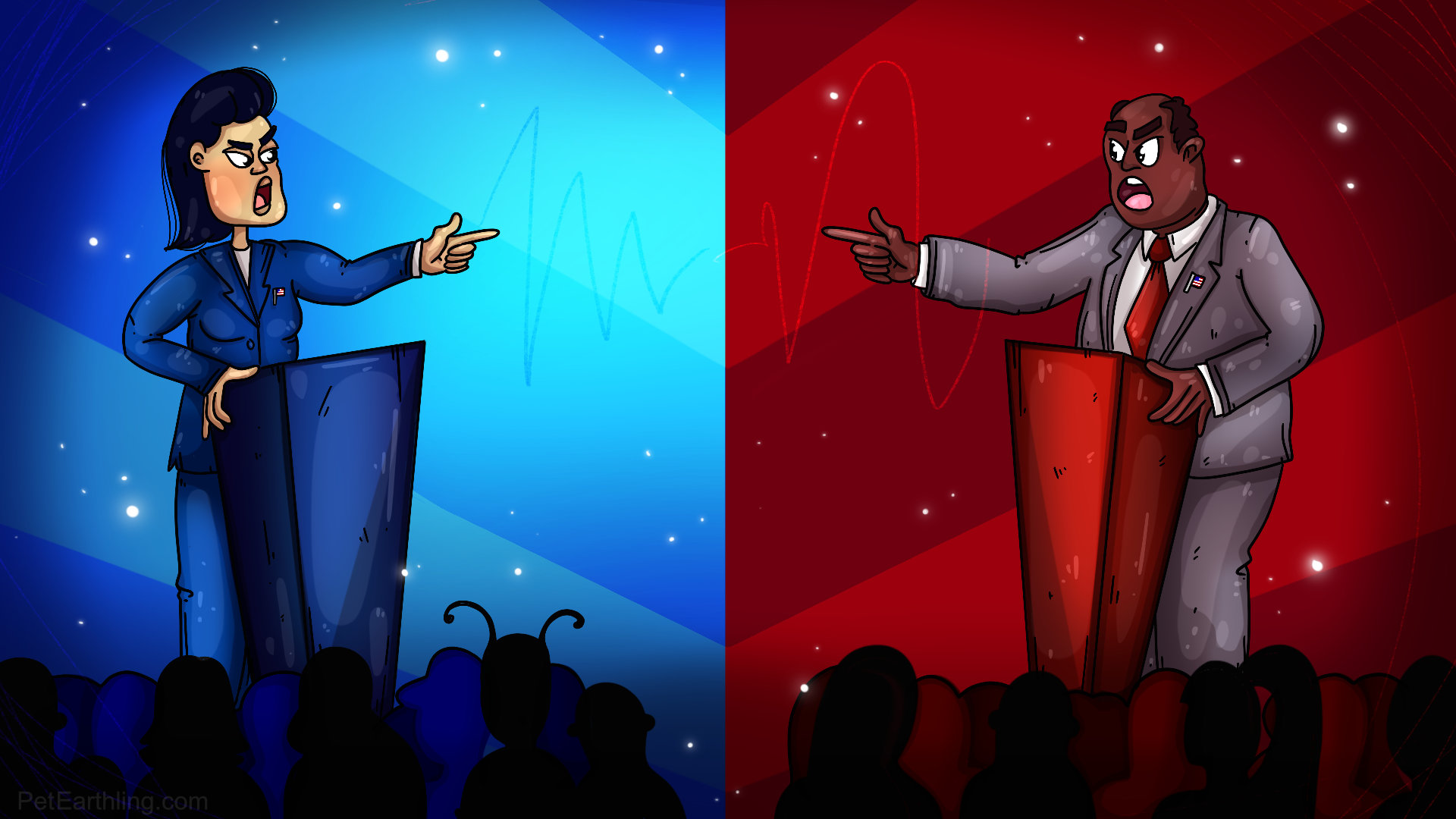
They eagerly go on their tele-media-webs to hype themselves up
into a frenzied state, and to agitate their own alliance to escalate the war effort.
into a frenzied state, and to agitate their own alliance to escalate the war effort.
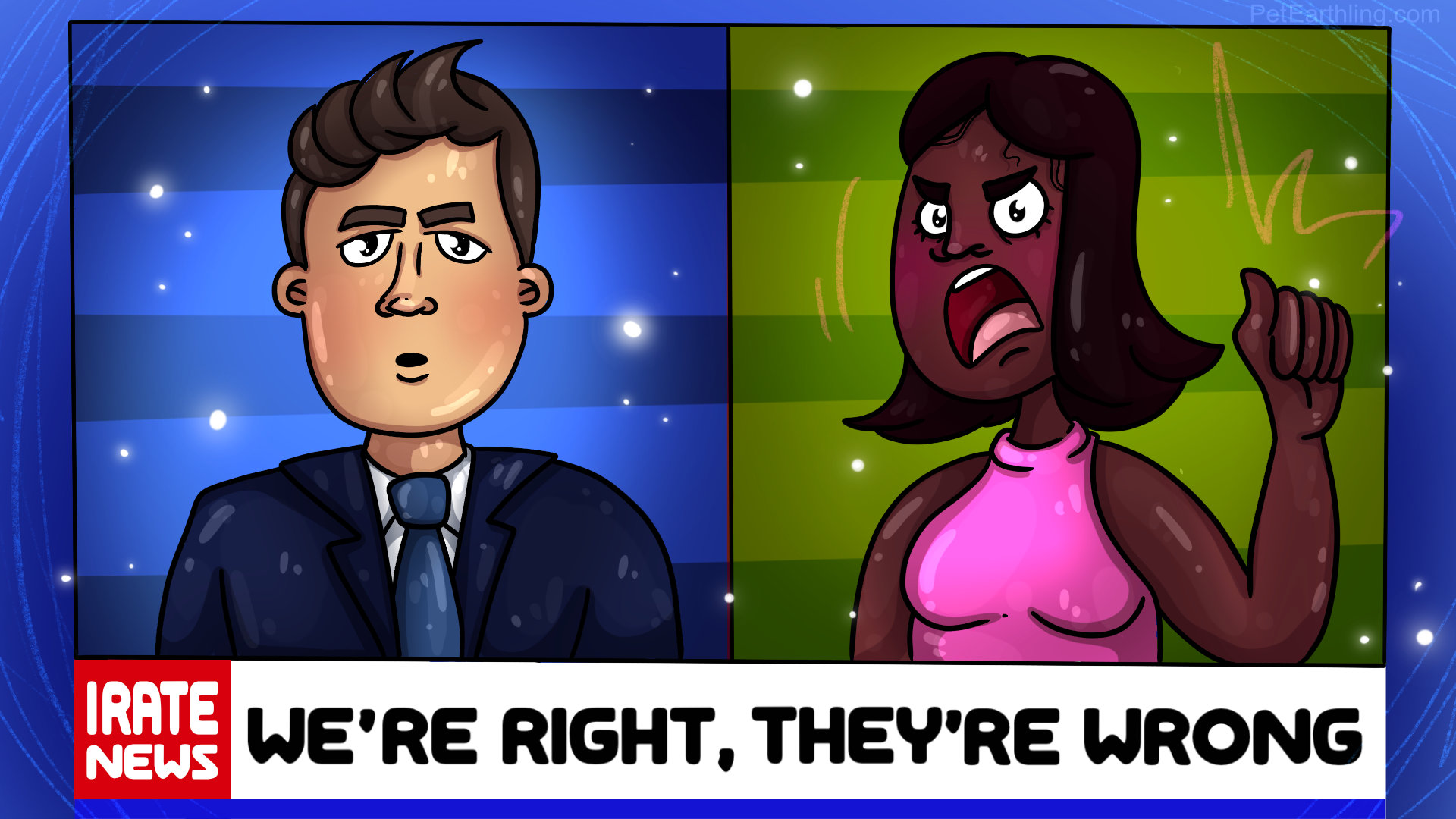
So, if you see your pet earthling
is becoming dangerously too happy,
is becoming dangerously too happy,
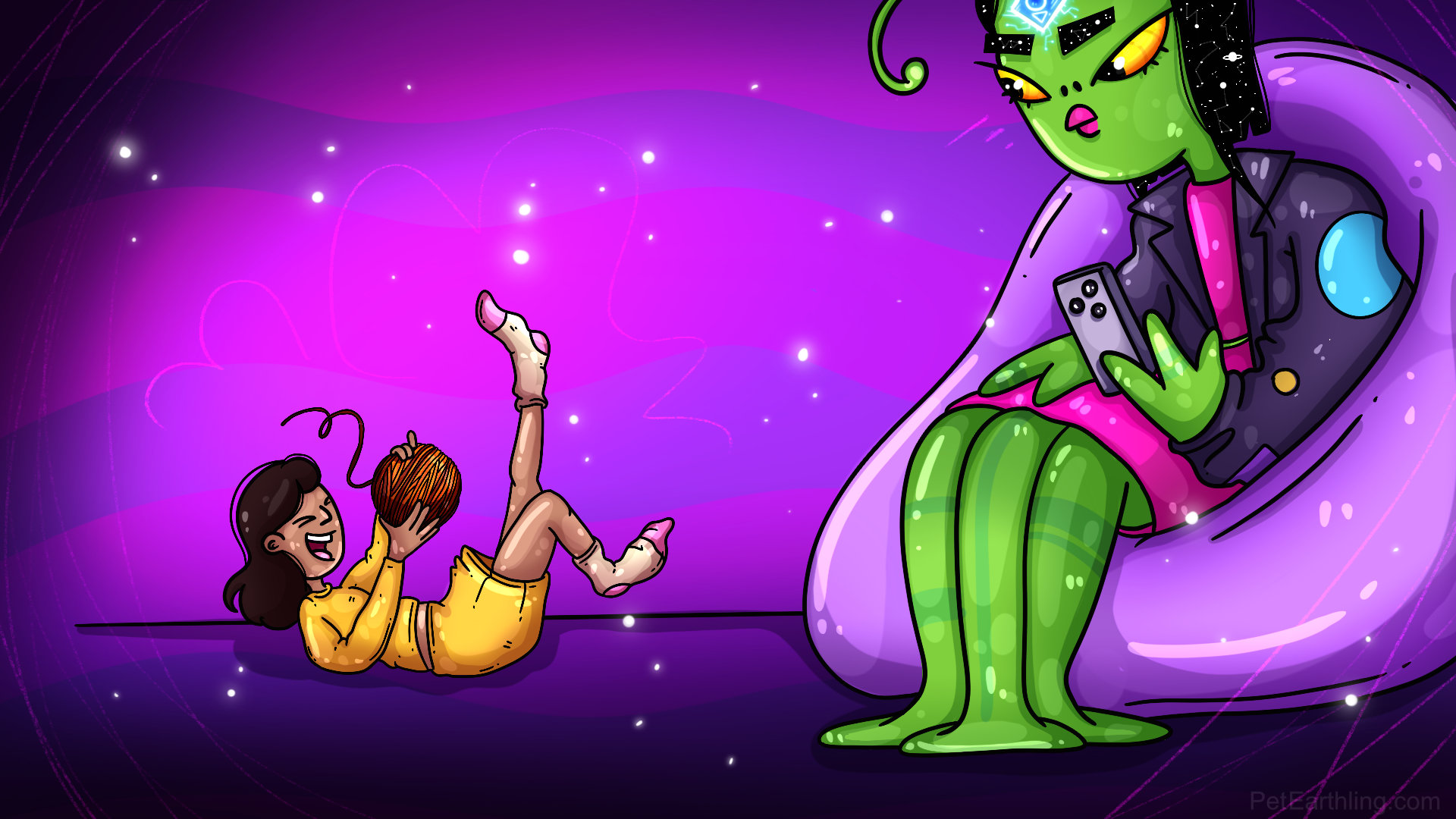
be sure to start an argument
with them to help return them to
their natural state of equilibrium.
with them to help return them to
their natural state of equilibrium.
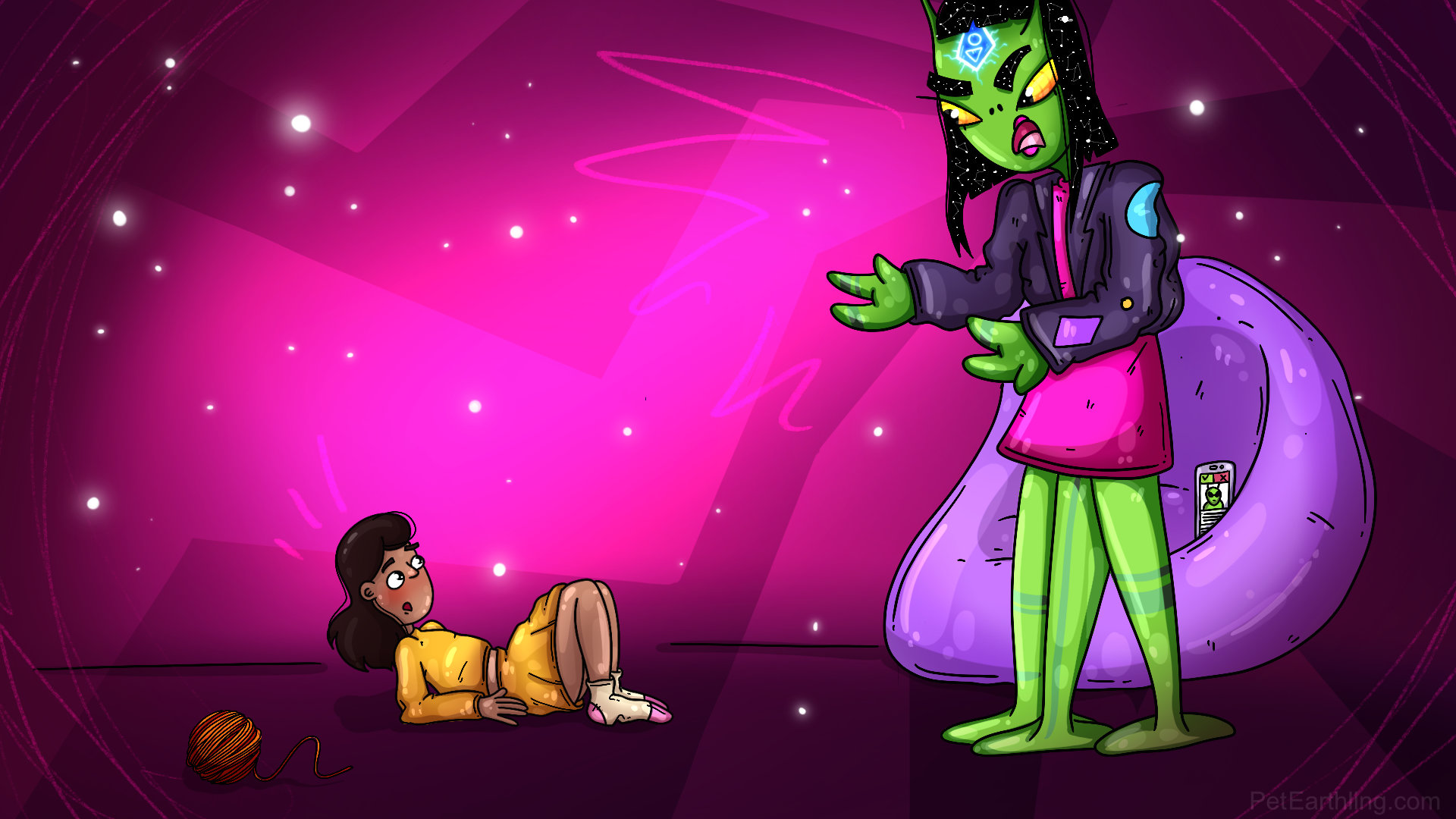
Next Chapter
Comment
Next Chapter
Comment
© 2021 Hans Ness
Something missing? As I’m sure you remember from English class, every story needs a conflict: some sort of challenge from opponents, society, survival, or themselves. And we humans need some conflict in our lives too (unlike sloths, turtles, and slugs who seem perfectly happy being happy). While the aliens see this human quirk as “anti-happiness”, really it is more about wanting challenges.
Maybe this need for conflict is the natural extension of our evolution. Dogs play-fight with each other, and so do cats, kids, and other animals. It’s good practice for survival. Likewise even some grown-up humans play-fight through martial arts, boxing, wrestling, and contact sports like rugby, American football, and roller derby. Or the thirst for conflict can be quenched more symbolically through less brutal sports, games, friendly debate, and not-so-friendly debate (a.k.a. politics). And most often we feel conflicts vicariously through books, TV, movies, theater, gossiping about other people’s conflicts, and watching other people beat each other up or put a ball in a hole (a.k.a. sports).
Of course some people overindulge in conflict by provoking personal drama, seeking bar fights and gang fights, or provoking actual wars. But on the other extreme, life with no conflict at all — no stories, no games, no gossip — seems unbearable, even impossible.
“Normally this curious need for conflict is satisfied when they are fighting for their survival.”
“Earthlings love to complain and fight about minor imperfections.”
When people have serious conflicts, like starving or being imprisoned or being chased by saber-tooth tigers, they seem to be more forgiving about a low thread-count in their bedsheets or the inept preparation of their venti iced skinny hazelnut macchiato, no ice, triple shot, extra whip.
“Earthlings take conflict even further through ritual combat. They form packs, wearing matching colors, and battle each other over a limited resource like a round object, trying to invade their enemy’s net or territory.”
Sports is doubly effective. The game is a proxy substitute for war, while the fans cheer on the players as their proxies in the proxy war.
“And earthlings divide themselves into opposing alliances to wage a war of words over which alliance is at fault for all the the problems in their geographic territory and destroying their way of life. If they find only small ideological differences, rather than resolving them, earthlings have an instinct to magnify those differences. Earthlings eagerly go on their tele-media-webs to hype themselves up into a frenzied state, and to agitate their own alliance to escalate the war effort.”
It’s common political strategy to “activate your base”. Politicians push “wedge issues” to divide the population, and they often frame bi-partisanship as political suicide. Professional rabble-rousers go on camera and act faux-fended over hyperbolic accusations against the opposing party.
Surprisingly, some people seem to actually enjoy getting upset, not just over politics, but in their personal lives too. Maybe the adrenaline rush makes them “feel alive” so modern life can feel as exciting as trying to outrun a saber-toothed tiger.
Please comment to help me refine/expand this draft.